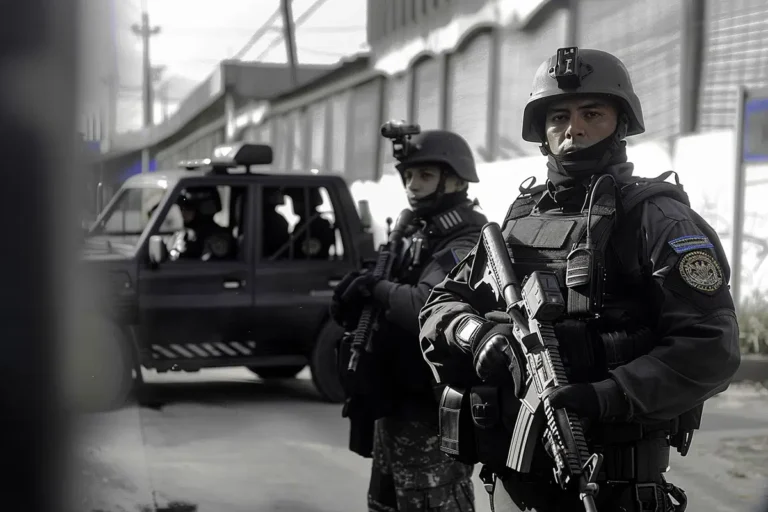In a startling turn of events, once renowned for providing refuge to WikiLeaks founder Julian Assange, Ecuador finds itself embroiled in a diplomatic imbroglio of its own making. Last week, the South American nation shattered the sanctity of diplomatic premises by deploying police forces to the Mexican Embassy in Quito, sparking an international outcry and raising serious questions about the nation’s commitment to diplomatic norms.
The genesis of this debacle traces back to Ecuador’s erstwhile hospitality towards Julian Assange, who sought asylum in the Ecuadorian embassy in London for seven years. Under the auspices of an international treaty designating diplomatic premises as places of refuge, Ecuador shielded Assange from extradition to the United States, where he faces charges of violating the Espionage Act.
However, the winds of Ecuadorian politics shifted with the ascent of President Lenin Moreno, who sought to distance himself from his predecessor, Rafael Correa, and cultivate warmer relations with the United States. In a dramatic reversal, Moreno’s government revoked Assange’s asylum, paving the way for his arrest by British authorities.
Now, Ecuador faces a fresh diplomatic impasse with the arrest of former vice president Jorge Glas. Accused of corruption during his tenure under President Correa, Glas found temporary sanctuary in the Mexican Embassy after Ecuador’s police descended upon him. The maneuver, seen as a breach of diplomatic protocol, has drawn condemnation from global quarters, including the United States and the Organization of American States.
Ecuador’s President Daniel Noboa has staunchly defended the arrest, citing a purported security crisis and his government’s commitment to combatting crime. Critics decry the move as a thinly veiled attempt to bolster Noboa’s political standing ahead of a national referendum and potential re-election bid.
The debacle underscores a broader trend of personal agendas shaping foreign policy in Latin America. Across the region, leaders engage in vitriolic exchanges, prioritizing domestic political gains over diplomatic decorum. From Colombia’s Gustavo Petro clashing with El Salvador’s Nayib Bukele to Argentina’s Javier Milei sparring with Mexico’s Andrés Manuel López Obrador, the discourse descends into acrimony, straining diplomatic ties.
The feud between Ecuador and Mexico reached a boiling point when Mexico’s questioning of Ecuador’s presidential election led to the expulsion of the Mexican ambassador. In a tit-for-tat escalation, Ecuadorian authorities stormed the Mexican Embassy, arresting Glas and further inflaming tensions.
Mexico’s decision to grant asylum to Glas raises eyebrows, with critics questioning President López Obrador’s motives. Glas served in a leftist administration, prompting speculation that ideological affinity influenced Mexico’s stance. The lack of clarity surrounding Mexico’s actions underscores the personal and ideological dimensions driving foreign policy decisions in the region.
Amidst the diplomatic tumult, Ecuador’s handling of Glas starkly contrasts its erstwhile protection of Assange. The shift reflects evolving political dynamics and strategic recalibrations as Ecuador navigates a complex geopolitical landscape.
As Assange languishes in British custody, facing extradition to the United States, and Glas awaits his fate amidst mounting international condemnation, Ecuador finds itself at a crossroads. The nation’s diplomatic integrity hangs in the balance as it grapples with the repercussions of forsaking asylum principles and succumbing to the difficulties of domestic politics.


